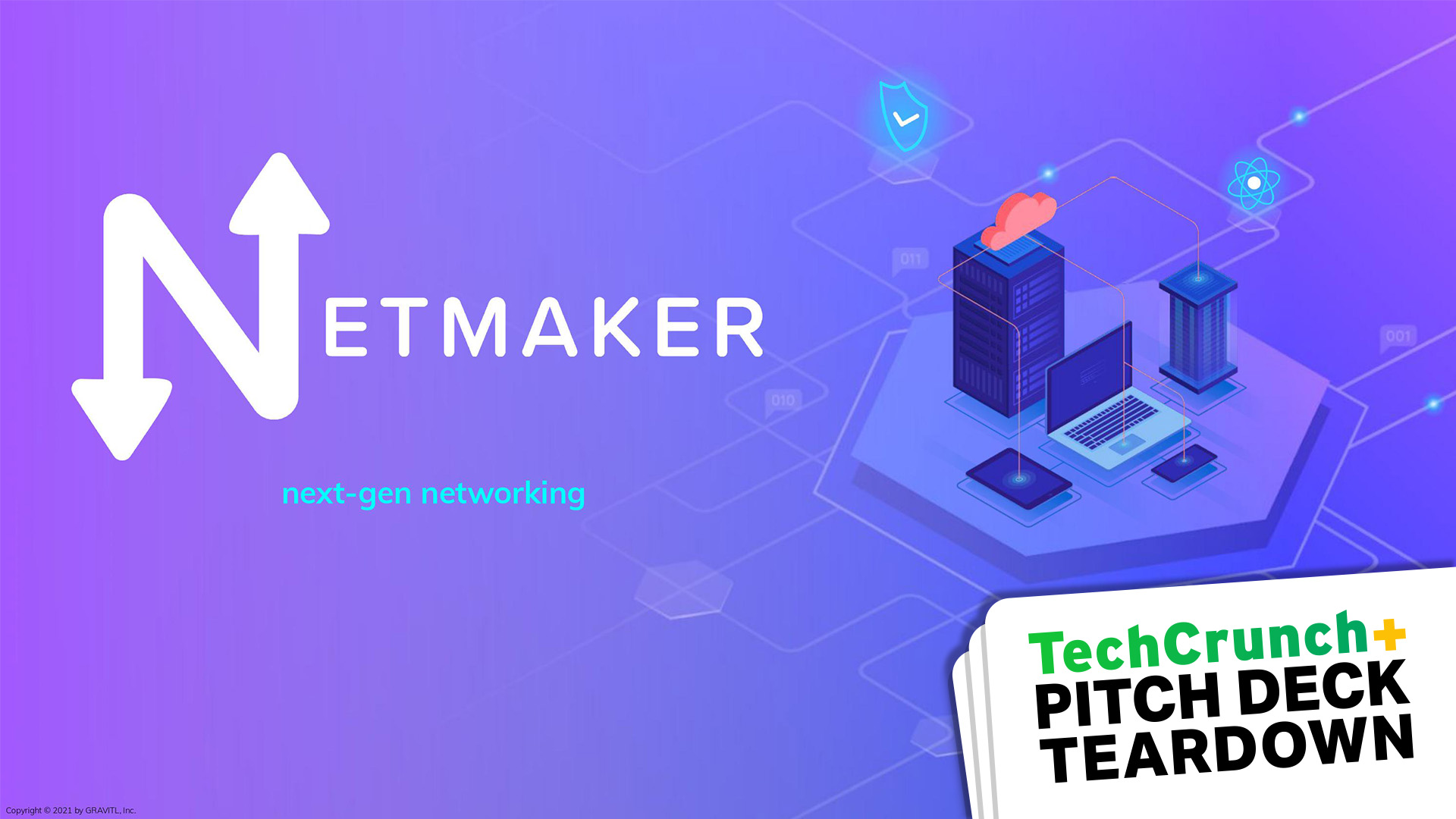TechCrunch+ roundup: SaaS valuations up, clean energy tax credits, H-1B transfer options

Can emerging managers do a better job of expanding access to capital than established VC firms?
Because many funds with less than $50M under management “are led by those from underrepresented backgrounds,” there’s “an opportunity for less experienced managers to step in and back the founders being overlooked and ignored on a higher level,” reports Dominic Madori-Davis.
Full TechCrunch+ articles are only available to members
Use discount code TCPLUSROUNDUP to save 20% off a one- or two-year subscription
To learn more, she interviewed:
- B. Pagles Minor, founder, DVRGNT Ventures
- Ramzi Rafih, founder, No Label Ventures
- Madeline Darcy, managing partner, Kaya Ventures
Due to the Juneteenth holiday in the U.S., I’ll be back next Friday, June 23 with a new roundup.
Thanks very much for reading TC+!
Walter Thompson
Editorial Manager, TechCrunch+
@yourprotagonist
Rejoice, for startup valuations are slowly recovering

Image Credits: Juanmonino (opens in a new window) / Getty Images
A song by Nancy Sinatra and Lee Hazlewood came to mind when I read that public SaaS companies have reached their highest valuations so far this year:
I’ve been down so long
It looks like up to me
Weaving data from the Bessemer Cloud Index and Altimeter Capital Partner Jamin Ball together with recent news coverage, Alex Wilhelm found reason for guarded optimism:
“Startups are hardly out of the woods, but the market is no longer moving away from their valuation marks and is instead bolstering the value of their public comparables.”
Get the TechCrunch+ Roundup newsletter in your inbox!

To receive the TechCrunch+ Roundup as an email each Tuesday and Friday, scroll down to find the “sign up for newsletters” section on this page, select “TechCrunch+ Roundup,” enter your email, and click “subscribe.”
Click here to subscribe
New guidance from the US Treasury could unleash billions in renewable energy investment

Image Credits: Marty Caivano/Digital First Media/Boulder Daily Camera / Getty Images
Under new rules released by the Internal Revenue Service and the Department of the Treasury, local, state and Tribal governments can now access clean energy tax credits.
“The changes could pave the way for hundreds of billions of dollars worth of investment in the coming decade,” reports Tim De Chant.
“That tidal microturbine startup you’ve been incubating? Now might be a great time to start looking for investors.”
Ask Sophie: How much time and money will we need for an H-1B transfer?

Image Credits: Bryce Durbin/TechCrunch
Dear Sophie,
My startup is hiring and many excellent engineers need H-1B transfers, but I haven’t done one yet.
Approximately how much time and money will we need to set aside for the process? Are there alternatives?
— Careful Co-Founder
Pitch Deck Teardown: Netmaker’s $2.3M seed deck

Image Credits: Netmaker
Some founders may expect investors to stop them mid-presentation by shouting “shut up and take my money!” but life is not an episode of Futurama.
No one literally sells their pitch in the room, but a tight deck is a strong signal that the founders understand their market, however.
Netmaker, an infrastructure startup that helps customers create and manage virtual overlay networks, raised a $2.3M round with this slightly redacted presentation:
- Cover slide
- Problem slide
- Vision slide
- Solution slide
- Market-size slide
- Product slide
- How it works slide
- Traction slide (“In active use on over 10,000 devices”)
- Product evolution slide
- Go-to-market slide
- Road map slide
- Competition slide
- Team slide
- Closing slide
How two founders approach building ethical AI startups in health care

Image Credits: Getty Images
On recent episodes of TechCrunch’s Found podcast, two founders of AI-related health care companies talked about how they’re working to create ethical algorithms.
“If done in haste, or done poorly, AI models have the potential to cause real harm,” reports Rebecca Szkutak, who interviewed Amy Brown, founder and CEO of Authenticx, and Eli Ben-Joseph, co-founder and CEO of Regard.


